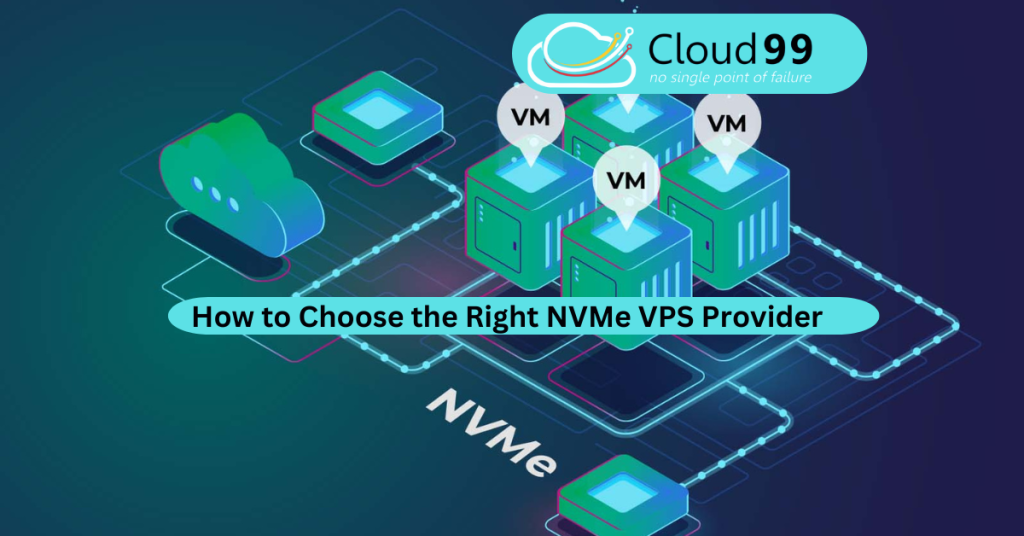Difference between managed and unmanaged VPS (Virtual Private Server)

Introduction
This Blog Describes the Difference between managed and unmanaged VPS (Virtual Private Server). For your web hosting requirements, there are two primary options to consider when selecting a Virtual Private Server (VPS): managed and unmanaged VPS. The degree of administration and assistance that the hosting provider offers distinguishes these two from one another. To choose the solution that best fits your technical skills, budget, and project needs, it is essential to comprehend these differences.

What is a VPS?
A virtual private server is a virtual machine that an Internet hosting business offers as a service. Clients can install almost any program that is compatible with the operating system that the system runs on its own since they have superuser access to that instance. VPS hosting provides greater resources and control than shared hosting, all without the high cost of a dedicated server.
Managed VPS
With a managed virtual private server (VPS), Cloud99 handles all of the server’s technical management. This covers the installation, upkeep, upgrades, security patches, and monitoring of servers. Here is a closer examination of the features and advantages of managed VPS.
1.Resources
Larger databases or applications benefit greatly from higher prices, which frequently come with more RAM or CPU cores.
2.Performance
Performance varies depending on the hosting company, but expert administration guarantees optimal speed and effectiveness.
3.Security
offers piece of mind by including frequent security upgrades, monitoring, and threat protection.
4.Customization
Restricted personalization because of shared authority with the supplier, but might enable some adaptability for particular requirements.
5.Management
Perfect for non-technical users who desire provider-assisted, hands-off server management.
6.Cost
costlier as a result of the extra services the hosting company offers.
7.Complexity
Simpler to assemble and operate, perfect for novices or people with little technical expertise.
8.Setup
The operating system, security settings, and program installations are all taken care of by the provider.
9.Control
restricted control because of joint accountability with the supplier.
10.Configuration
restricted possibilities for configuration because of shared control. The majority of setups are managed by the supplier.
11.Scalability
restricted possibilities for configuration because of shared control. The majority of setups are managed by the supplier.
Unmanaged VPS
Users that choose an unmanaged VPS have complete control over the server. The hosting company just provides network access and the bare minimum of server hardware. The user is in charge of all other server management facets. The key characteristics of unmanaged VPS hosting are as follows:
1.Resources
allows you to personalize resources according to your needs and offers freedom in how they are configured, although it does require additional technical knowledge.
2.Performance
gives you more control over the hardware and software, but it also requires technical expertise to monitor and optimize performance.
3.Security
requires greater technical knowledge because it requires you to manage security patches, monitoring, and threat detection.
4.Customization
For skilled users, full root access enables total customization of the operating system and applications.
5.Management
Ideal for people with a strong technical background who would rather have total control over their server.
6.Cost
More economical, yet efficient management demands technical know-how
7.Complexity
additional technical know-how is needed to configure, maintain, and debug server problems.
8.Setup
requires you to install security updates, configure the network, control panel, operating system, and other components yourself.
9.Control
Total control over the software and configuration of the server is possible with full root access.
10.Configuration
Because of root access, total control over software installation and setup.
11.Scalability
requires more technical know-how due to the manual configuration needed to add more resources.
Conclusion
In conclusion, VPS hosting, whether managed or unmanaged, offers distinct benefits suited to various user requirements. For those who would rather concentrate on their primary company, managed VPS is an excellent choice because it offers both expert support and ease of use. Unmanaged virtual private servers (VPS) are ideal for tech-savvy individuals Cloud99 maintain their own servers since they provide more control and customization at a lesser cost. By being aware of these variations, you can select the VPS hosting option that most closely matches your objectives and available funds.


